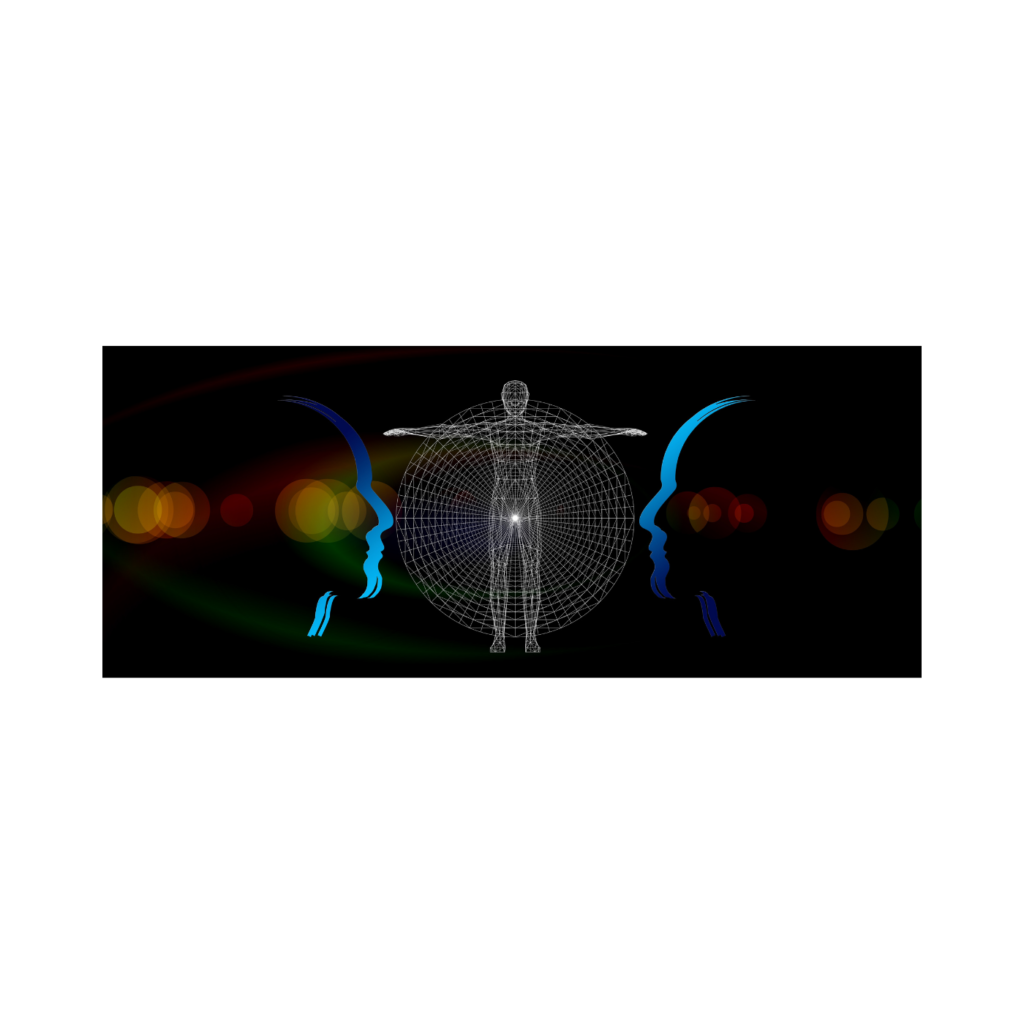
“Ghwa ighu ghwadadukwa ni ghwa ndenyi” Taita proverb (Taita language is spoken by a people that live near the coast of Kenya). Translated to English this proverb means, the outer body is carried by the inner body.
The outer meaning of this saying is that contrary to what we may think, the outer body, the parts of the body we can see such as legs, hands, torso etc are actually made functional by the inner body parts that are invisible. The inner body parts can be put in two categories, the tangible and the intangible. The tangible parts such as the heart, stomach, liver, kidneys, brain can be viewed through the help of equipment such as Ultrasound, x-ray scanners, MRI, endoscopes and radiographs. The intangible parts cannot be seen even with the aid of equipment. These are described with such terms as mind, heart, gut feeling, soul, six sense, intuition.
For a person to function harmoniously, these three levels of the body have to work in consonance. The deeper levels of the body have more influence on the outer parts. For instance, the brain has more influence on the leg, but they are connected in such a way that were the leg to hurt, the whole body would feel it. The spirit, soul, mind and heart have even more influence on the partially visible and the visible body.
Psychologists have discovered that the emotional brain (where feeling/heart/intuition reside) does hijack the rational/logical brain in times of exigency. Daniel Golman in his book Emotional Intelligence observed that the emotional brain may be superior in influencing the outcome of someone’s life.
There is a story told of a wise grandfather and his grand daughter who were sitting at a gas station in their town. They were observing motorists coming and going as they refueled their vehicles. A motorist who was fueling his car struck a conversation with the wise grandpa and eventually said “I am moving into this town, could you please tell me, how is it like to live here? How are the folks in this town?”. The wise grandpa told him, “I will answer your question, but first tell me, how is it in the town you are coming from, how are the people there?” The motorist put on a sad face and said, “ the people in the town I am coming from are terrible, they are gossips, they betray each other, they malign and sabotage each other. I am so glad to be moving away, it is a crazy town!” “Well”, the wise grandpa said, “the people in this town are the same. They gossip, malign, sabotage and betray each other.” The motorist finished fueling his car, said bye and drove off.
Soon, another vehicle rolled in. It was a van, its occupants were a family. The mother came out with two little children and asked the grandpa for directions to the restrooms. The grandpa pointed towards the barely visible restroom sign towards the corner of the building. The father stepped out and as he fueled the van he asked the wise grandpa, “what is it like to live in this town? We are moving here and are wondering what the people here are like?”. “Well”, the grandpa said, “I will answer your question, but first answer mine, how is the town you are coming from, how are its people?” The father smiled, then said, “it is such a fantastic town, the people are so supportive. You hear a kind word everywhere you go, they lend a hand to each other. If you have a problem, there are many people who come to offer support and encouragement. We are sad to be moving away, it feels like we have left family behind”. The wise grandpa said, “you know, that’s exactly how the people in this town are. They are kind, helpful, supportive and encouraging to one another.” Then he wished the family well as they drove off. The grand daughter looked at the grandpa with a puzzled inquisitive expression. She asked, “grandpa, how come you told the man that our town is bad and then told the family that our town is very nice?” The wise grandpa looked lovingly at his granddaughter and said “no matter where you move, you take your own attitude with you and that is what makes it terrible or wonderful”.(From Stories for the Heart, compiled by Alice Gray, Multnomah Publishers).
There is a concept called confirmation bias in psychology. It is described as “the tendency to notice, focus on, and give greater credence to evidence that fits with our existing beliefs” (The Decision Lab website). In essence, our beliefs – which I view to be the composition of our inner body – have a great influence on the things we see or encounter in our lives. Whatever is occupying your mind at any given moment, you tend to see more of it in the world around you. For instance, if you have a particular thing in mind, say a type of car, you tend to see it more frequently in the streets than before. It does not mean that type of car has not been there, just that your mind is skewed towards seeing it more.
Another example of the confirmation bias is the modern technology algorithms used in websites and social media platforms. These algorithms create what has been referred to as filter bubble effect. In essence the online technology predicts, based on someone’s search history, what they would want to see which aligns to their beliefs.
What is the makeup of your inner person?
It is crucial to ensure your inner body is based on the beliefs that can steer you towards an inspirational and harmonious life. If that is not the case, you would find yourself challenged in achieving harmony in your life. The inner body or person has immense influence on the outcome of our lives.
In his second letter to the Corinthians, Apostle Paul wrote “Though our bodies are dying, our spirits are being renewed every day. For our present troubles are small and won’t last very long. Yet they produce for us a glory that vastly outweighs them and will last forever! So we don’t look at the trouble we can see now; rather, we fix our gaze on things that cannot be seen. For the things we see now will soon be gone, but the things we cannot see will last forever.”(NLT)
The inner person that is, the soul or the spirit lasts forever. Whether they are characterized by good or bad actions. It is the inner person that immortalizes one’s legacy. We remember people when they are long gone based on the outcome of their lives, whether that be bad or good.
